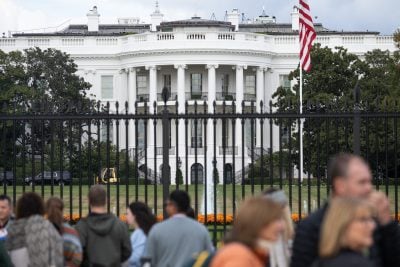The appointment of Tunisia’s new government on Monday will go some way to reassuring investors that the country has turned a corner after months of political gridlock. But the new cabinet faces the daunting task of tackling a growing debt crisis amid social and economic turmoil, an economist says.
Stark reforms and a dramatic restructuring of public finances will be needed to secure the $4bn IMF loan Tunisia seeks to haul the country out of debt, Capital Economics’ Middle East and North Africa economist James Swanston says.
Set against the backdrop of the pandemic, where GDP shrunk 8% in 2020, austerity measures – including reforms to the public wage bill, loss-making state-owned enterprises (SOEs) and energy subsidies – are likely to be met with stiff resistance from trade unions and add fuel to street protests.
“Much-needed fiscal austerity measures will be very unpopular, particularly now. Even if they are passed, it is unlikely to be enough.
“Without pushing reforms through the public finances aren’t going to be addressed properly and their position will continue to erode, and there’s very few options available to get out out of a debt crisis,” he says.
Tunisia’s public debt climbed to 88% of GDP this year, stirring fears of a debt trap, according to the Economist Intelligence Unit. With debt service repayments swallowing 7-9%, a public wage bill reaching 18% of GDP and SOE’s and subsidies taking a combined 23% of GDP, a default or restructuring is on the horizon unless there are dramatic policy changes or structural reforms, Swanston says.
Tunisia’s interim president Kais Saied announced a new government on Monday, two months after firing the prime minister and suspending parliament.
The new cabinet composed of 25 ministers was appointed by Prime Minister Najla Bouden and approved by the president. Many of the new ministers, including Tunisia’s law professor president, are academics, technocrats, lawyers, judges and civil servants.
The new minister of finance, Siham Boughediri Nomsieh, is a banker and seasoned civil servant whose appointment could help reassure investors weary of a political landscape previously plagued by corruption allegations.
On Sunday protests swelled across Tunis, with demonstrations growing in recent weeks against Saied’s seizure of power and management of the political transition.
Want to continue reading? Subscribe today.
You've read all your free articles for this month! Subscribe now to enjoy full access to our content.
Digital Monthly
£8.00 / month
Receive full unlimited access to our articles, opinions, podcasts and more.
Digital Yearly
£70.00 / year
Our best value offer - save £26 and gain access to all of our digital content for an entire year!
 Sign in with Google
Sign in with Google 



